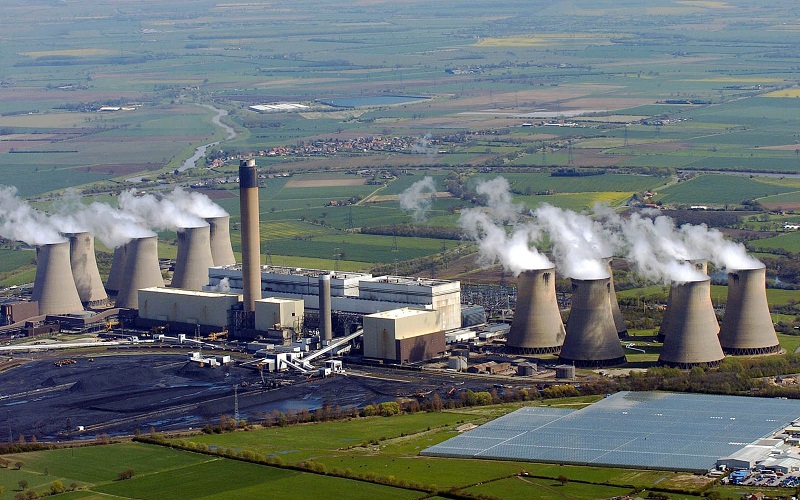The U.K. government has decided to keep generating electricity from biomass, which involves burning wood pellets, to meet its climate and renewable energy targets. However, biomass will still be more expensive than solar and onshore wind by the end of the decade, the NRDC says in a new study it recently conducted in cooperation with Vivid Economics.
“In reality, burning biomass for electricity not only undermines the United Kingdom’s climate change goals, it does so at huge taxpayer expense while diverting resources from cleaner and smarter investments,” the New York-based environmental advocacy group says.
Biomass plants rely on millions of tons of wood pellets imported from the southeastern U.S. and elsewhere for fuel. Developers of such projects also receive billions in subsidies, based on the assumption that biomass is a zero-carbon source of electricity, which the NRDC disputes. But by 2020, all forms of renewable energy will be more cost effective than carbon-emitting energy sources, it says.
Furthermore, biomass will be more expensive than all forms of wind and solar by 2025. If more coal-fired plants are converted to biomass installations, they could become obsolete and uneconomic within a decade, the NRDC says. And the U.K. government risks wasting millions of pounds per year by continuing to subsidize coal-to-biomass conversions.
As an example, energy provider Drax has decided to convert its coal-fired plant in North Yorkshire – the largest emitter of CO2 in the U.K. — to biomass. However, if it focused its attention on a more economically viable long-term solution involving clean energy, notably solar and wind power, it would be a more cost-effective business plan, as well as a more environmentally friendly one.
The NRDC urges U.K. policymakers to cut subsidies for biomass projects in favour of investments in renewable sources such as solar and wind. The non-profit environmental advocacy group argues that a reliable, coal-free electricity grid is not only a possibility for the British government, but also the more economically viable long-term choice, given how the price of renewables has plummeted in the past few years.
Author: Frederic Brown
This content is protected by copyright and may not be reused. If you want to cooperate with us and would like to reuse some of our content, please contact: editors@pv-magazine.com.



NRDC seems to be joining the extreme radical “I hate biomass” crusade, redefining renewable energy to only solar and wind. However, it is essential that renewable energy robustly include all 5 categories–solar, wind, geothermal, biomass, and hydro–to improve cost, performance, risk, balance, and reliability. It should not be turned into a finicky and neurotic process of elimination, targeting the most reliable sources as the first to be cast out, and pitting one source of renewable energy against the others. This effort will undermine renewable energy.